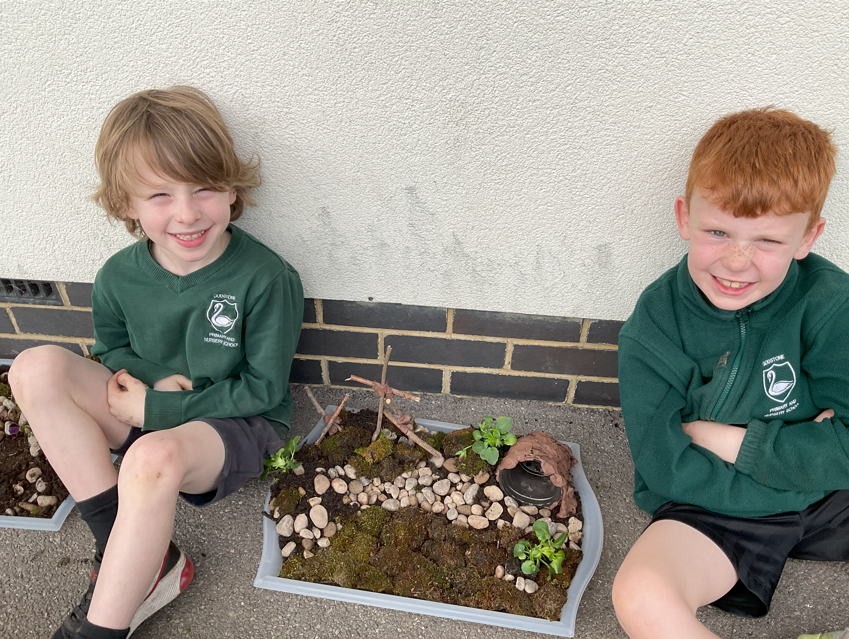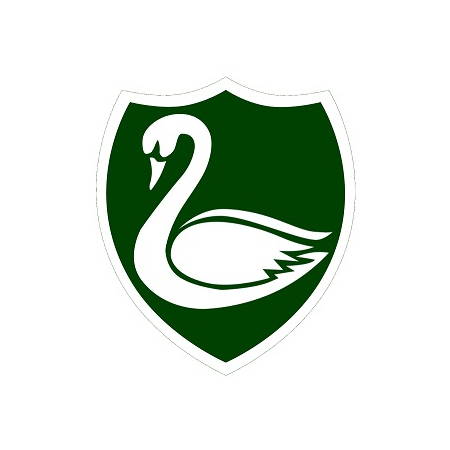Religious Education (RE)
Religious Education

At Godstone Primary and Nursery School, we use The Agreed Syllabus for Religious Education in Surrey Schools 2023-2028, as part of a broad and balanced curriculum https://www.cofeguildford.org.uk/surrey-agreed-syllabus/. The syllabus promotes equality and respect for people of all faiths, cultures and lifestyles. The syllabus' units build on previous learning, ensuring progression throughout the children's education at Godstone Primary and Nursery School.
Intent
- To have access to a broad, balanced, relevant and differentiated RE curriculum by fulfilling the Agreed Syllabus for Religious Education in Surrey School 2023-2028.
- To ensure that children have access to high-quality learning experiences for RE with experiential learning through visits and visitors.
- To provide children with teaching that is supportive and engaging that will allow each child to make progress in RE.
- To encourage children to understand and explore Christianity and other world faiths as well as Humanism and worldviews.
- To create caring and respectful children. To educate the children in British Values, especially the ‘mutual respect for and tolerance of those with different faiths and beliefs and for those without faith’.
- To develop the children’s spiritual, moral, social and cultural development.
- To provide the children with a set of skills, which they can apply to other subjects as they progress through the education system and into society as citizens.
- To enrich each child’s cultural capital through high quality teaching and fostering an interest in and understanding of religions and worldviews.
- To develop the children’s understanding and use of vocabulary linked to different religions and beliefs.
Implementation
- The Agreed Syllabus for Religious Education in Surrey Schools 2023 - 2028 is used to teach RE. The units are used as a basis for half-termly plans to meet the needs of all children. RE is taught in six half-termly units.
- There is a balance of religions and beliefs with 50% of units being Christianity. One thematic unit (including Christianity) ties the year’s learning together in the final half term.
- The children are taught ‘substantive’ knowledge (content); ‘disciplinary’ knowledge (how pupils learn to learn in RE); and ‘personal’ knowledge, which reflects the worldviews approach, thinking about where their and others’ ideas come from and what influences them.
- The curriculum is covered from 3 different perspectives – through the lenses of Theology (beliefs and teachings), Philosophy (existential questions) and Sociology (ways of living).
- Core learning is based on the ‘sticky knowledge’ and ‘expected outcomes’ within half-termly units and broken down into core learning for each lesson. Children are assessed against the core learning.
- Retrieval practice (activities to recall what they have learned before) is used to reinforce previous learning within the unit and across units and years.
- Key vocabulary is identified for each unit and allocated to specific lessons. Visuals (pictures) support the learning of the key vocabulary.
- The RE curriculum map (long term plan) shows how units build on previous learning in each religion or area of study.
- RE supports other subjects in the school curriculum, including, but not limited to English, PSHE, history, geography and art.
- Visits and visitors are used to enrich the RE curriculum and support the children in learning the core knowledge. For example, visits from the local vicar or a visit to a mosque.
- A variety of teaching and learning styles are used in RE lessons, including discussions, presentations, questioning, representations, images, videos, visits and speakers.
Impact
- Providing children with a set of knowledge and skills to embed a lifelong love of learning.
- The RE curriculum will provide all children with meaningful learning experiences that contribute to their cultural capital and understanding of different religions and worldviews.
- Development of the children’s use and understanding of vocabulary to enable them to use it across subjects and in day-to-day life, therefore developing life skills for the future.
- Opportunities for developing how teachers teach and their subject knowledge through the planning and resources provided.
- Clear and accurate assessment for RE is recorded in books (years one to six) and on the school assessment system.
- Children to have a respect for those with different faiths to their own.
Parents may withdraw their child(ren) from part or all of the RE curriculum, lessons and assemblies with a religious content e.g. singing songs for harvest. Parents should speak to the deputy headteacher and RE lead if they would like their child(ren) to be withdrawn from RE lessons. The child will then work in another class on tasks that are appropriate to their age and needs.
